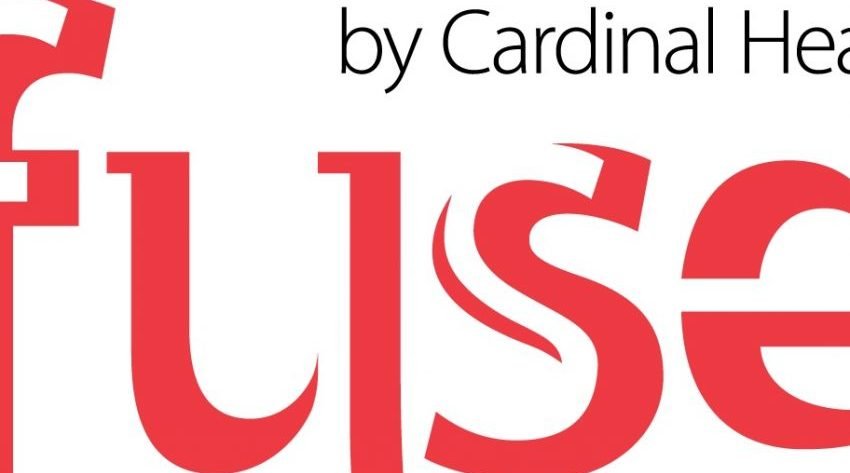The demands of value-based care are continuing to evolve, and for community oncology practices participating in value-based payment models, more changes are on the horizon. In 2022, the current Oncology Care Model (OCM) is expected to be replaced with Oncology Care First (OCF) by the Centers for Medicaid and Medicare Services (CMS). While the details of this payment model transition are not yet fully known, OCF is likely to include more practices than OCM – but may create some of the same challenges for oncologists and administrators when it comes to achieving financial performance.
Cardinal Health’s recent Oncology Insights report included a survey of more than 300 oncologists nationwide and found that more than a third of participating oncologists acknowledged challenges in meeting the demands of government-sponsored and commercial payer value-based care programs, particularly when it comes to navigating the payer landscape and reimbursements. Additionally, only one in four participating oncologists said they are satisfied with existing technologies intended to help them succeed in value-based care.
In response to this unmet need, Cardinal Health recently introduced Episode Analytics, a data-driven cost tracking tool, developed by Cardinal Health’s innovation engine, Fuse.
Introducing Episode Analytics
Episode Analytics enables oncologists and administrators to predict the cost of care, at the onset of an episode, and accurately track costs throughout the episode of care. These insights provide the opportunity for more informed treatment decisions and deeper visibility into value-based performance. As part of the Navista™ TS suite of technology solutions, Episode Analytics enables practices to both measure up-to-date care expenses and predict value-based performance.
How Episode Analytics can help measure a practice’s performance
Tracking value-based performance as it occurs: One of the most unique features of Episode Analytics is that patient data is available for review during the episode of care. Before, practices may have waited 18 months or longer to see how they fared in a performance period – when it was too late to make any adjustments. By tracking in-practice costs as they occur, oncologists and administrators can identify and address outliers immediately, and pinpoint when specific costs are trending above target for a particular patient.
Managing risks and costs: Practices using Episode Analytics combined with the AI-enabled population health tool CORE™ by Jvion through Navista™ TS, will be able to gain even greater insights by seeing accurate patient risk profiles for 30-day mortality, 6-month deterioration, ER admission or readmission, pain or depression directly in the tool. These two solutions used together will allow practices to effectively manage risk, and deliver interventions to mitigate the additional higher costs associated with a particular adverse event on the horizon. For example, by measuring patient risk for 30-day mortality, the tool can cue providers to discuss end-of-life plans, including palliative care and hospice. Identifying the right time to initiate end of life care can be challenging even for seasoned oncologists. Research shows that many oncologists wait too long to initiate palliative or hospice care for patients with advanced cancer, which can ultimately lead to higher costs and poorer experiences for patients and families. (Read our ASCO 2021 research abstract on this topic and find a related article published by the ASCO Post.)
Drug utilization: Episode Analytics can also help track drug utilization, particularly when it comes to biosimilar use and the costs associated with those biosimilars versus reference products. Practices can manage their drug utilization and see where the higher costs are associated, and then pivot as needed to use lower-cost treatments that are essentially equivalent in outcome delivery.
Identify variations in care: For practices with patients who have been through multiple episodes of care, Episode Analytics can provide a strong benchmark and allow the ability to observe trends across all episodes. It enables oncologists to compare a patient’s previous episodes of care to their current one to identify key differences that may be driving variations in the cost of care, and to monitor the costs of care.
Preparing for OCF and the future of value-based care
In anticipation of OCF next year and what’s to come, Episode Analytics and Navista™ TS can help practices prepare now by evaluating their current episode-of-care trends, costs and outcomes in advance of the upcoming changes so they are better prepared to take on more risk, which is expected as part of OCF. By measuring their current performance periods, practices will have the ability to establish a baseline metric and adjust as needed to address areas of opportunity. Once OCF is officially implemented, practices will be in a stronger position to make participation in this next payment model successful.
Looking ahead to the future, we know the demands of value-based care will continue to evolve. By offering technology solutions such as Episode Analytics through Navista™ TS, Cardinal Health is delivering the tools and innovation needed by oncology practices to achieve success in a value-based care world. If you would like to learn more, contact us for a demo.







